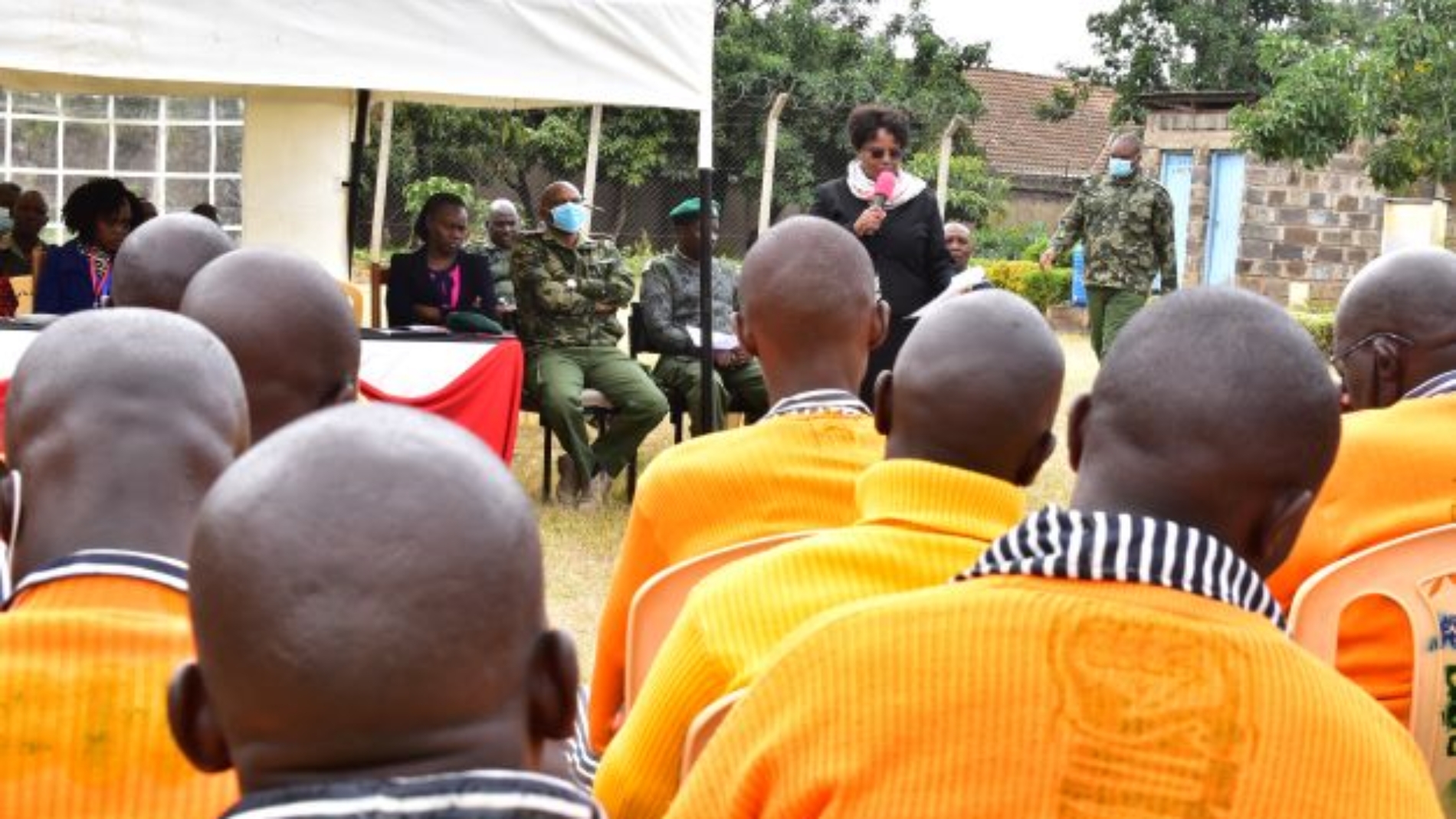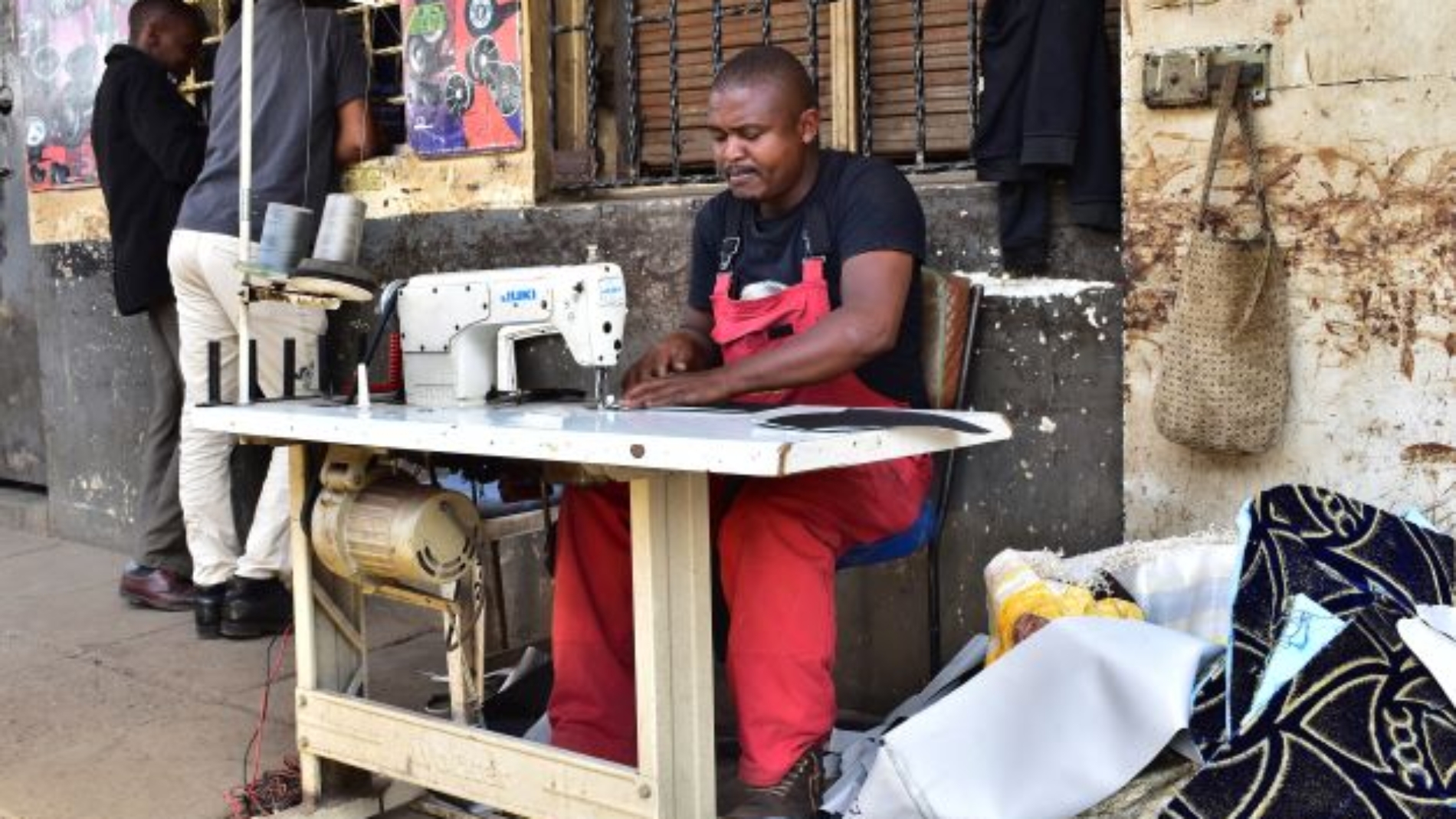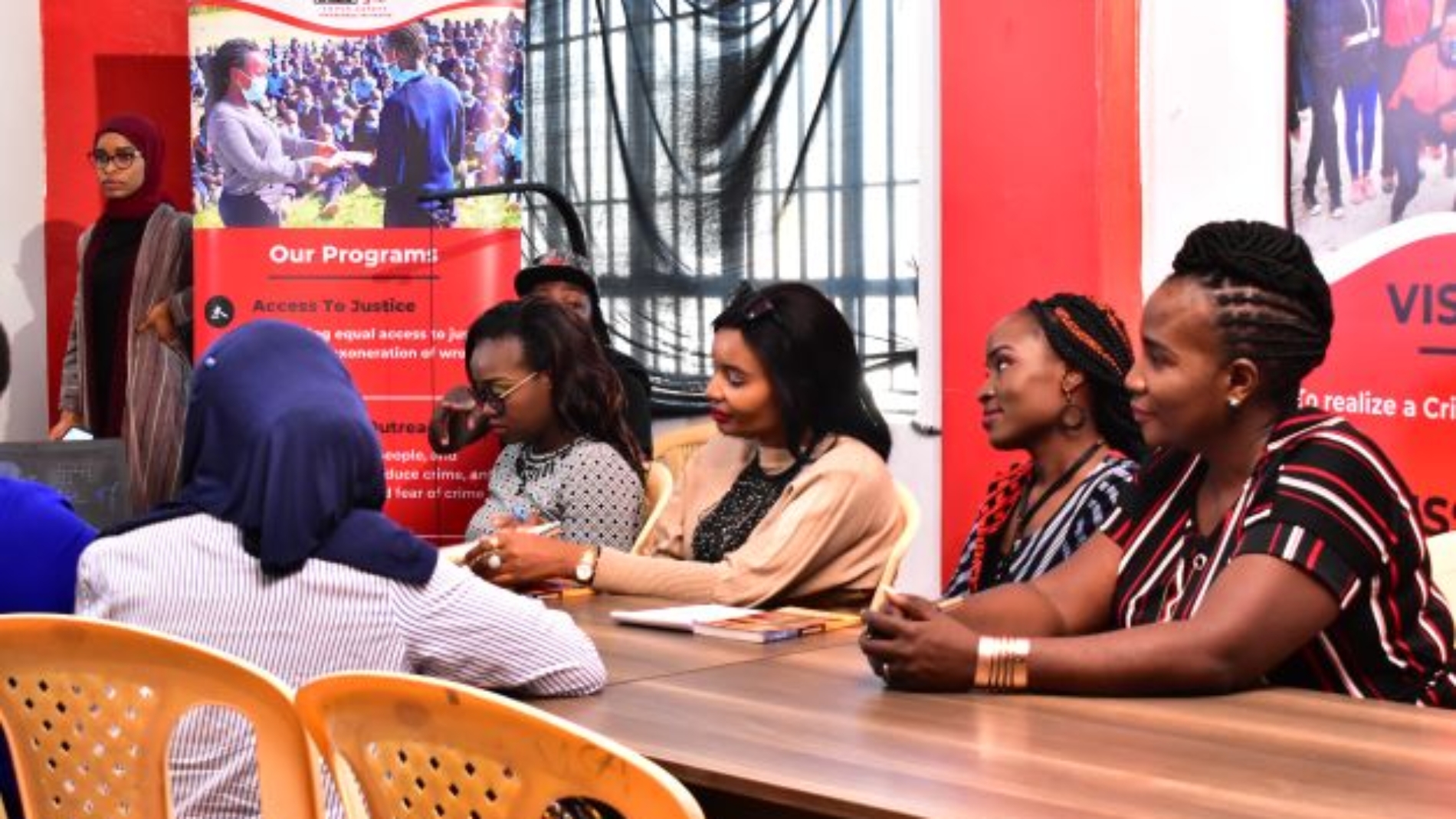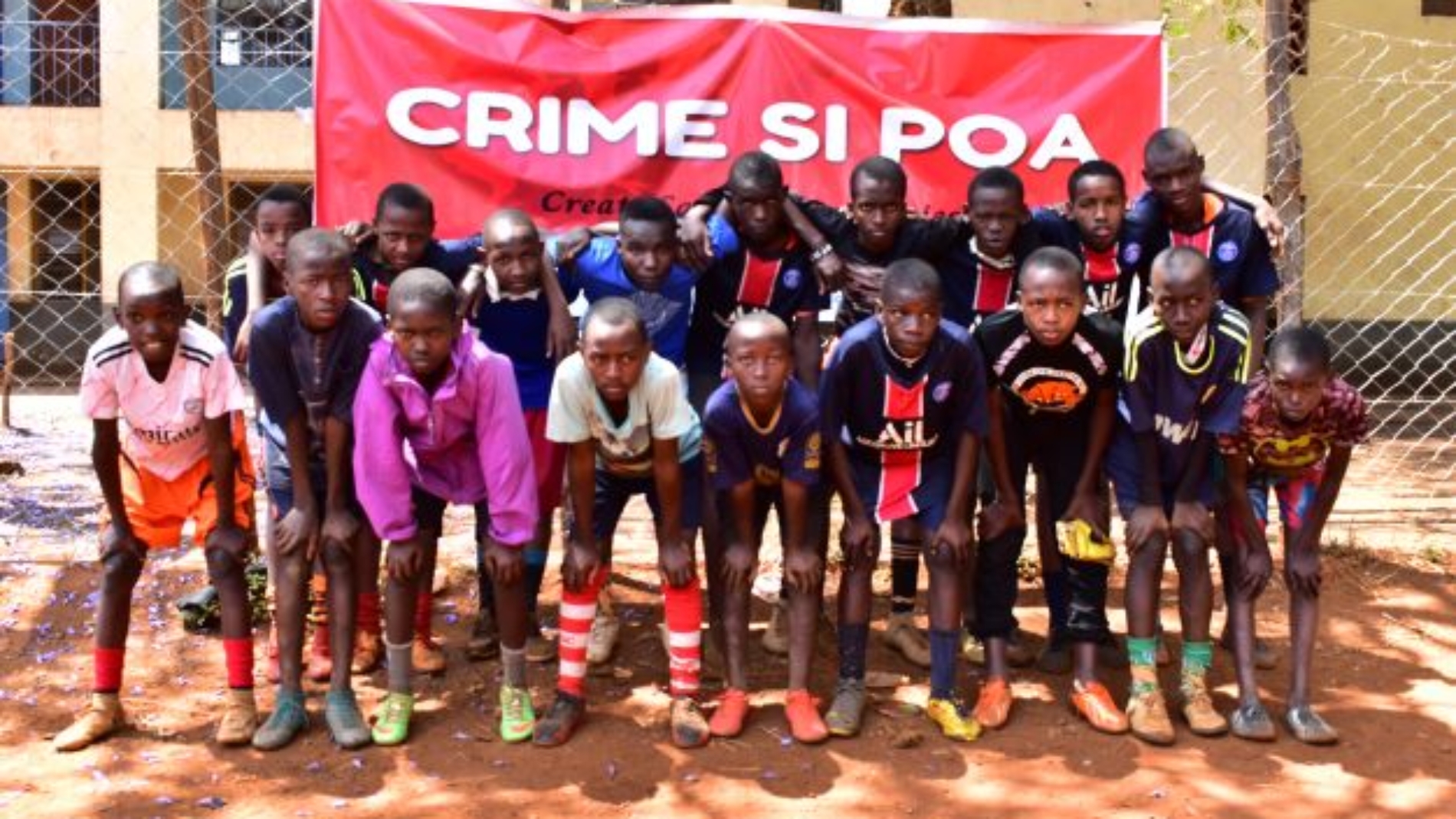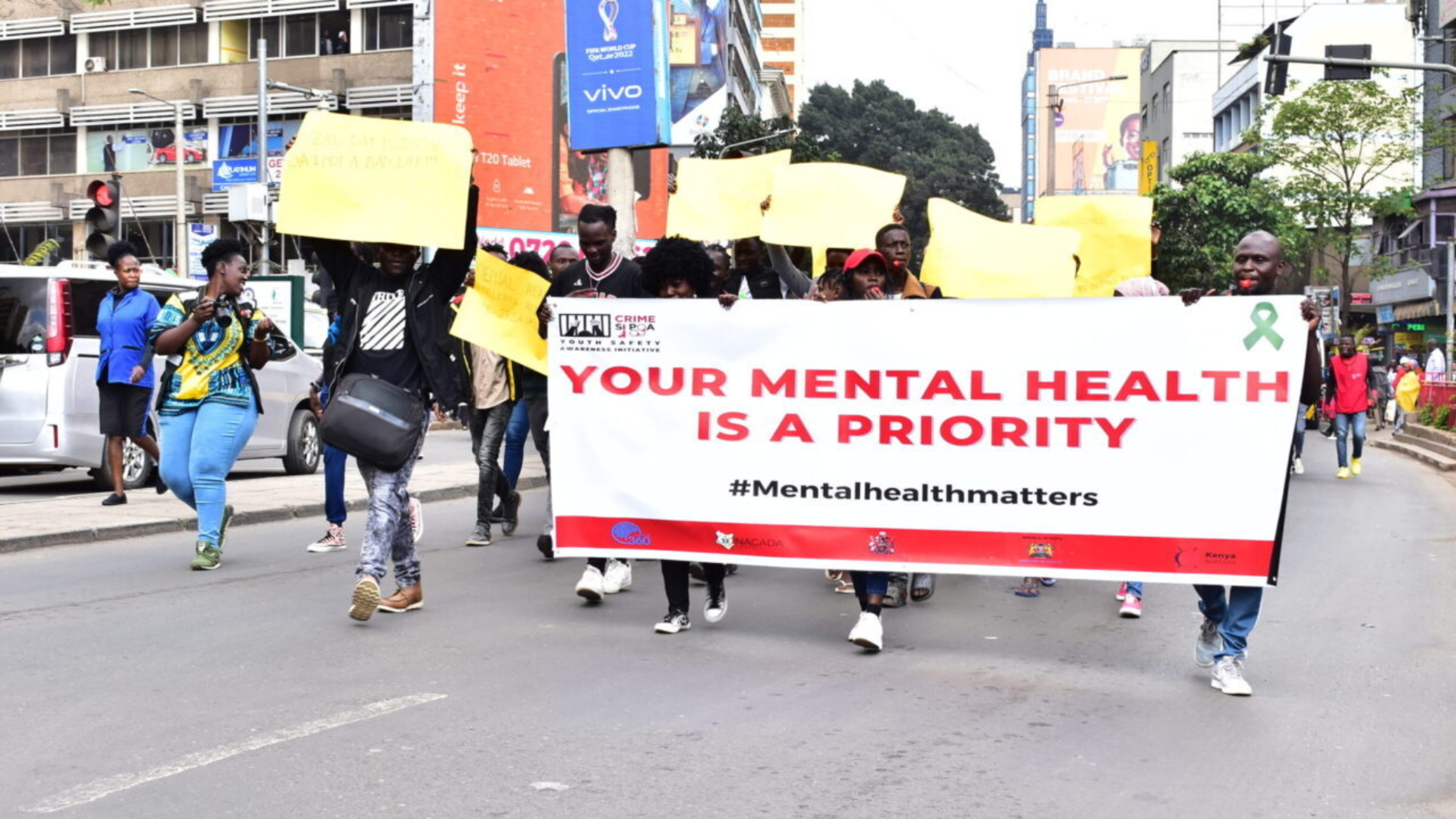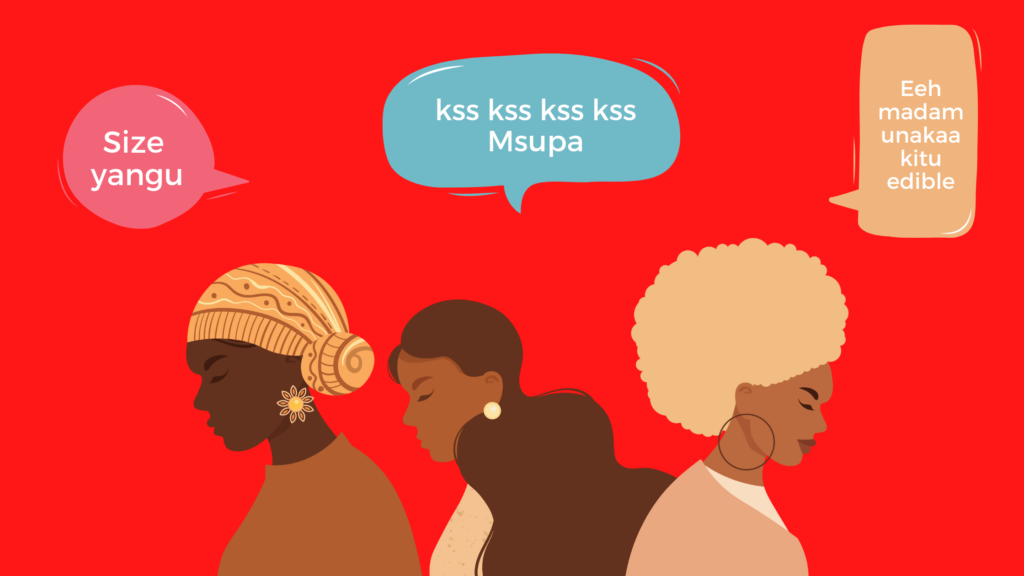Crime Si Poa has embarked on an intensive justice outreach and legal empowerment program aimed at bridging the gap in legal knowledge and awareness amongst the underserved and vulnerable members of the society.
The first phase of the training under the Sheria Mashinani (grassroots law) project of the Access to Justice program, and targeting inmates and staff within 5 Kenyan prisons, as well as community members in Kisumu, Vihiga and Nairobi counties respectively has so far seen a record 170 beneficiaries complete the course work within the last 5 months.
With legal aid in Kenya still largely reserved for murder suspects and child offenders, most inmates facing equally serious cases in our courts, and who previously faced injustice due to inability to afford legal representation, have since gained legal knowledge and skills that have come in handy in advancing their cases in court.
According to Ms. Sylvia Morwabe the Programs Director at Crime Si Poa, fairness and equity are fundamental principles on the Constitutional right to fair trial and representation and the paralegal training focuses on equipping inmates and staff with knowledge on accessing and demanding justice.
“I appreciate the support we have received from the entire leadership of our partners, the Kenya Correctional Services and which has enabled the smooth roll-out of the project. I similarly applaud the inmates and prison staff who enrolled for the program in order to serve the wider prison population and also use the same skill set upon release.” said Sylvia.
The trained paralegals assist their fellow colleagues in navigating the complex web that is, the justice system. Such knowledge transfer is impactful given that majority of inmates are illiterate and poor.
“I am delighted with the training Crime Si Poa has been taking us through. It’s more impactful than I expected. I feel empowered and prepared for life after release. I would like to develop enough legal experience to be able to train my fellow inmates and other members of my community,” said John, one of the inmates’ trainees at Thika Main Prison.
A key outcome of the project is the revelation that joint training of inmates and prison officers has greatly boosted the rehabilitation process and fostered high level of discipline and leadership among the inmates.
“The group work and classes are excellent, and the trainers are very knowledgeable of the law. One of the most valuable things that I really enjoy from the program is the friendship that I have developed with several inmates. We get together every couple of weeks to catch up, this gives them a feeling of being loved, “said David Kamau an officer at Thika Prison for Men.
The comprehensive training covered various topics including: appeal drafting skills, the court process, criminal procedure, Law of Evidence, community organizing, fair trial provisions and alternative dispute resolution amongst others. It also had the practical, but fun side of holding mock trails which was done as part of group work.
“We are delighted to note that whereas some of our beneficiaries’ have used the skills learnt from the trainings to win their freedom in court, some have secured well-paying employment opportunities as a result of the training,” remarks Pete Ouko, the Executive Director at Crime Si Poa.
As we look forward to the graduation of the latest cohort of our trainees from Thika Main and Women Prisons respectively, we call upon all legal practitioners of goodwill to consider committing some of their time to undertake pro-bono work.
Did you know that you can get legal information for free at the click of a button? Kindly visit www.sheria.crimesipoa.org and be empowered to empower others.

